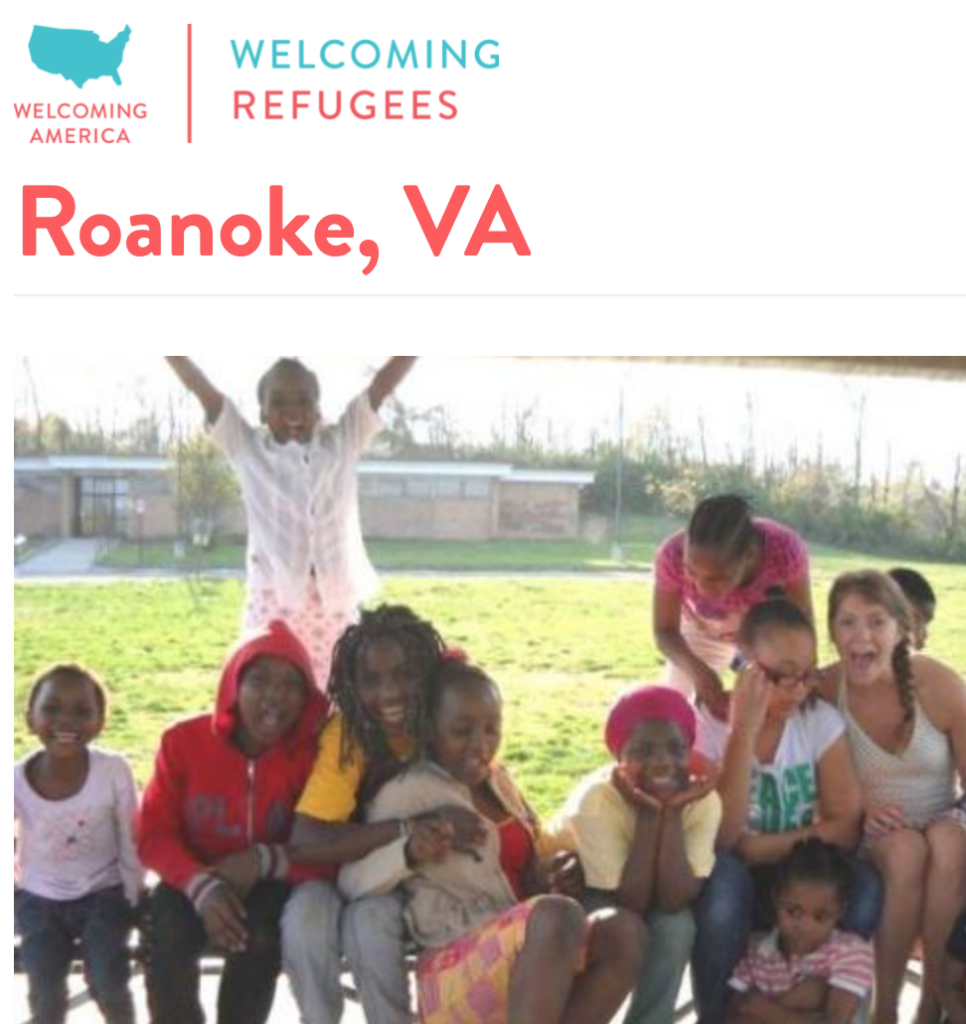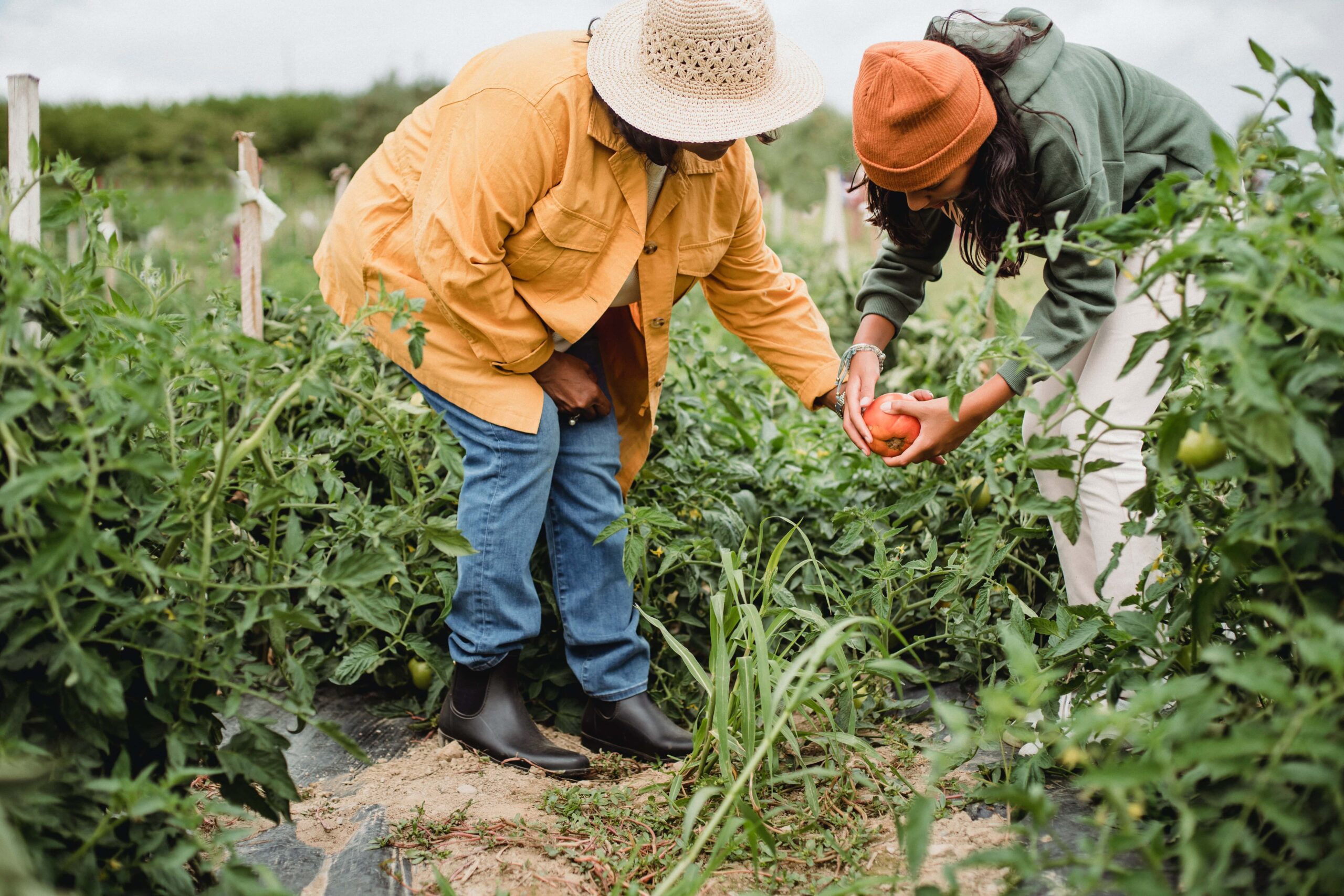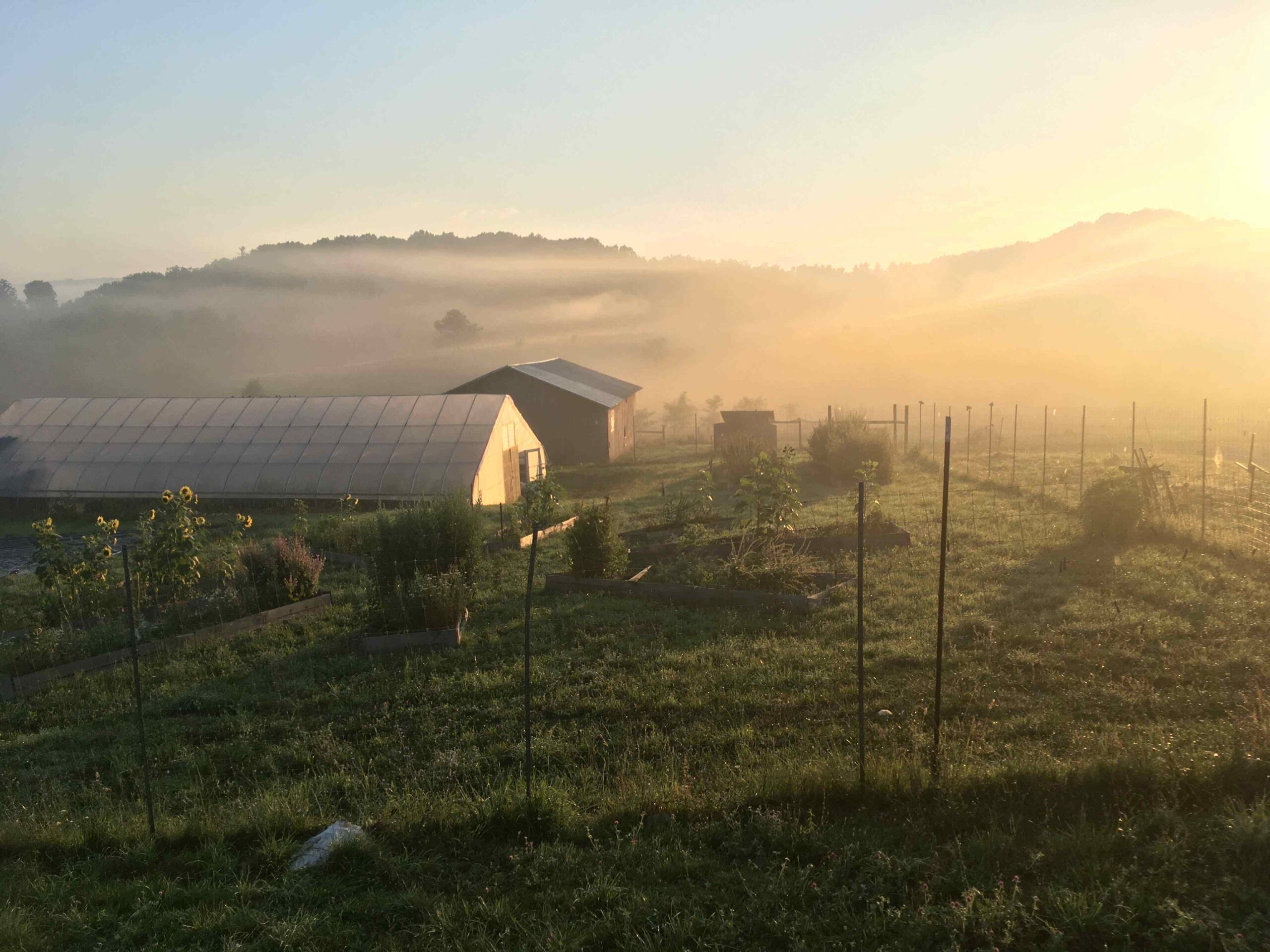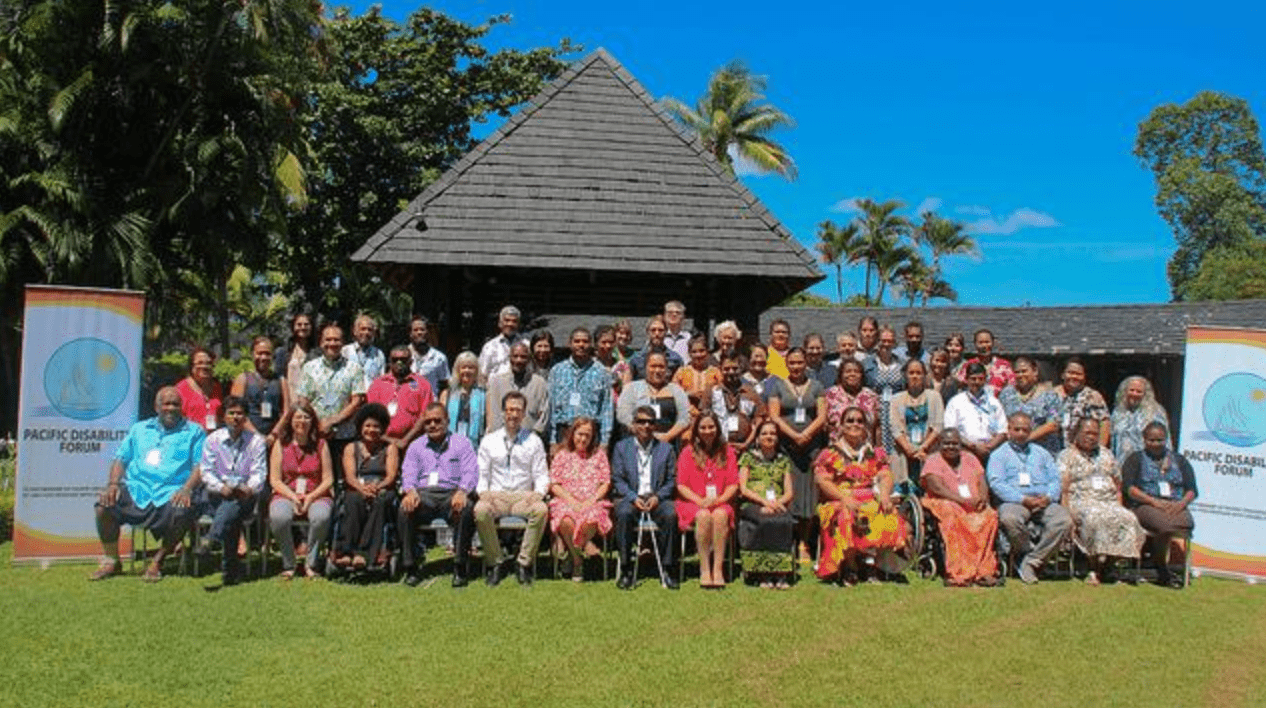America has always been a mix of cultural food traditions. We enjoy the freedom to explore taste and see the bounty of the many foodways, which allows us to be a part of the expansive American awareness. As cities become more culturally diverse, it is a chance for a renewed cultural fusion.
The state of Virginia has a resettlement program that makes space for this cultural interchange, facilitating new boundaries of cultural storytelling. The road map of cultural exchange positions the community to come together and grow toward their goals of domestic renewal of economic strength and resilience.

As cities across our nation welcome people from around the world, the one thing that connects us all is the land and food access. Prioritizing the cultural land practices and food heritage, creating a stable scenario that is needed in society for us to come together in additional civility and respect for others. Many new immigrants to Virginia are from various regions around the world, in particular Afghanistan, the Democratic Republic of Congo, and Iraq, which creates an alliance of cultural and land knowledge that is ready to be tapped into, to unify our communal land and cultural foundation.
Shanti Community Farms in Akron, Ohio is a model example of giving Akron refugees the chance to farm with land access to exercise their cultural agriculture practices. Growing food gives us the tools to adapt and nurture the crops and ourselves. As we become independent, we create a forum for increased growth and diplomacy in our cities and states.
As we garden in our communities, we are building a strong foundation of communal skills that allows for us to experience the beauty of nature in our homes and lives, perfecting growing techniques and strategies that we can utilize to create a kinder, caring, and more honest world, and we are honoring the diversity of the cultural exchange through food and how it can connect us all in harmony and understanding. Growing your own food offers the opportunity to express a creative side, choosing colors, scents, smells, and culturally relevant food spaces.
Gardening and getting into the soil is a wonderful way to combat depression, and gives children and families food independence and freedom. Children are able to build land and plant knowledge that they can pass on from generation to generation. Gardening also allows us to codify our communal cultural foodways and uses of herbs and spices so that we can grow our cultural landscape, allowing for full creativity, and cultural understanding.
We are honoring the diversity of the cultural exchange through food and how it can connect us all in harmony and understanding.
Cross-cultural exchanges through food and land are a powerful means to create sustainable, positive change in our communities. The Afghans have a strong cultural legacy and attachment to the land. An estimated 80 percent of Afghans rely on agriculture and animal husbandry in the country. Crops that are grown in Afghanistan are wheat, rye, rice, potatoes, pulses, and nuts. Seventy percent of Afghans live and work in rural areas, mostly on farms.
As we expand our land knowledge and cultural agricultural practices we gain insight into our own shared cultural legacies, exchanging ideas with our community about the best growing practices, ways to increase our soil fertility, and to boost our harvest yields.
In the Democratic Republic of Congo, the cash crops are coffee, palm oil, rubber, cotton, sugar, tea, and cocoa; food crops are: cassava, plantains, maize, groundnuts, and rice. The Congo has the most available farmland in Africa and has a legacy of strong agricultural practices. These people are experts in land practices that are needed in America, especially as we lack the knowledge of drought-resistant agriculture that other countries have experienced.
As we expand our land knowledge and cultural agricultural practices we gain insight into our own shared cultural legacies, exchanging ideas with our community about the best growing practices, ways to increase our soil fertility, and to boost our harvest yields. All of these practices are building healthy, vibrant communities and position us to enjoy an exchange of ideas and cultural values. Resettlement is a rare opportunity to explore, grow, and honor other cultures, and to reflect upon our own value system of justice and equality for all. It also affords us the space to consider how we are all called upon to take up the mantle and move our country forward toward our collective commitments to our society.





